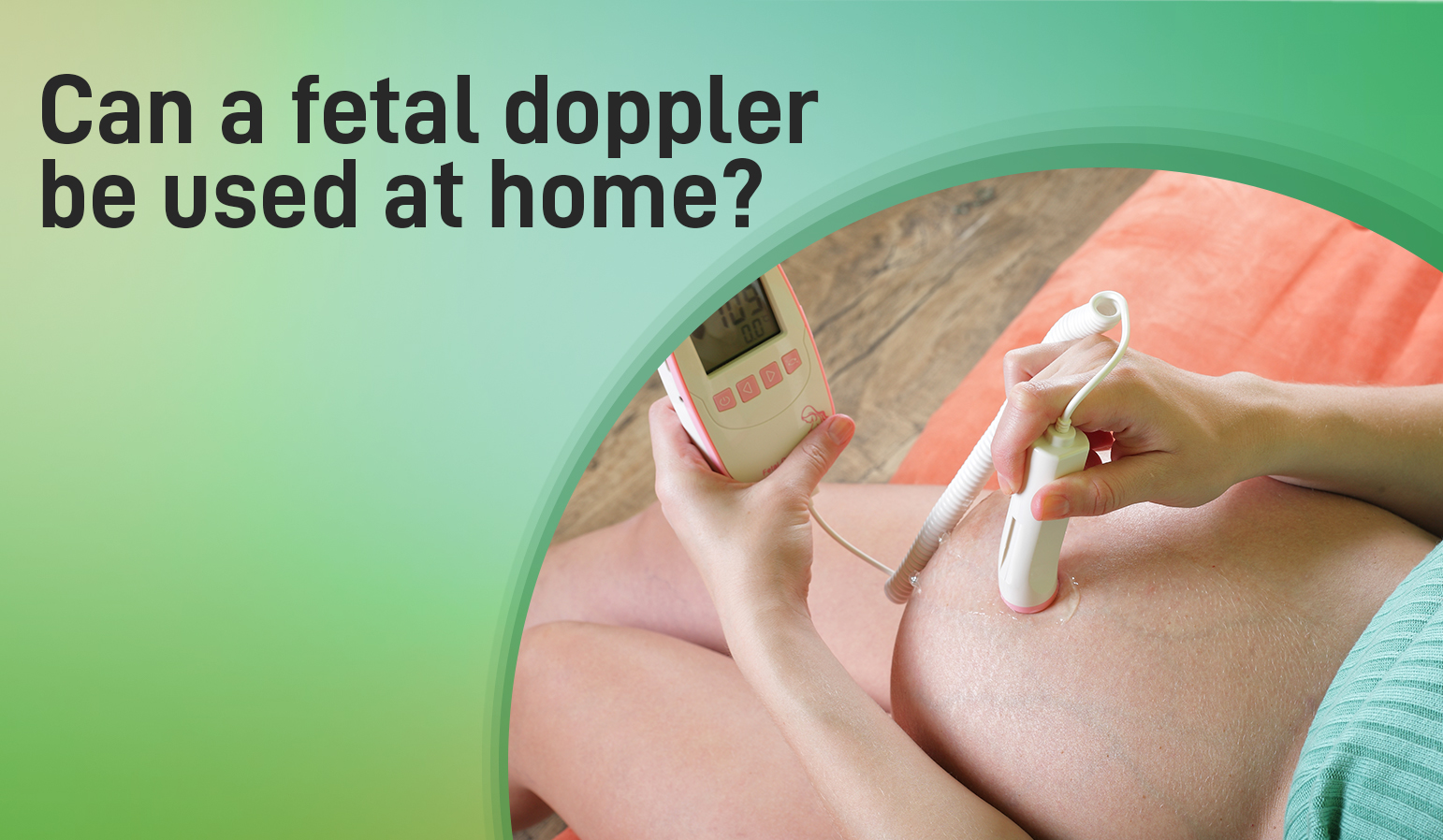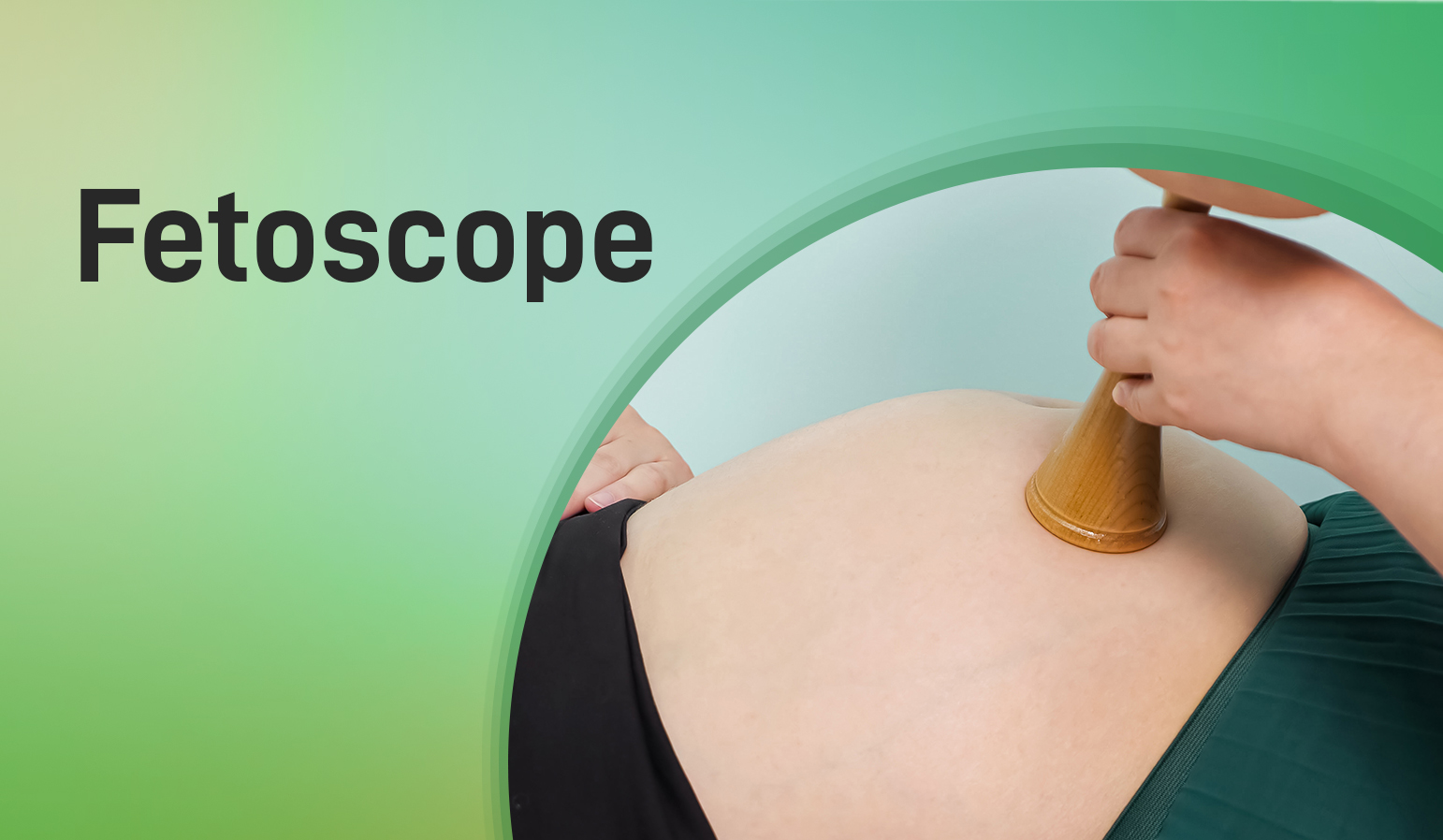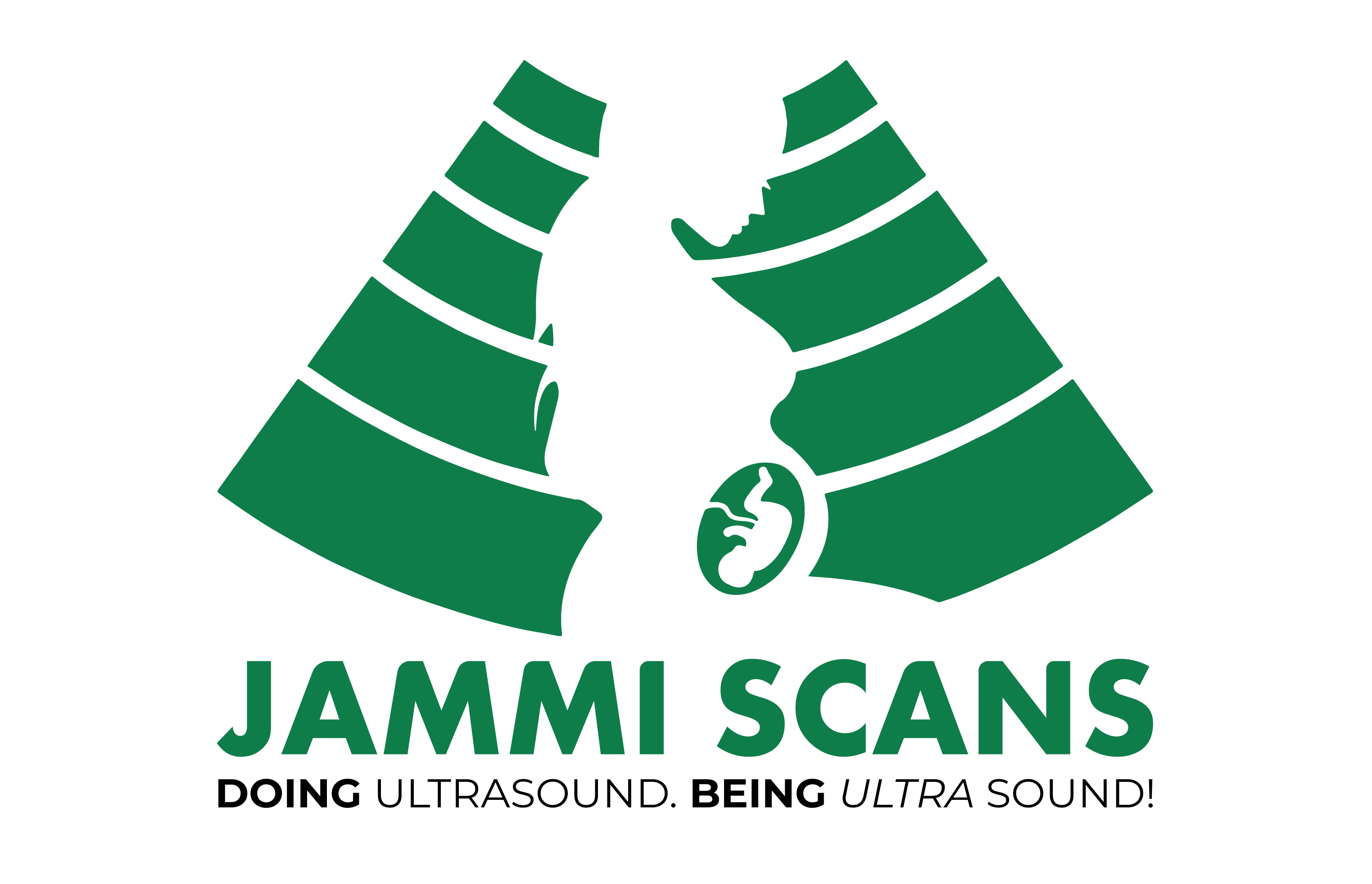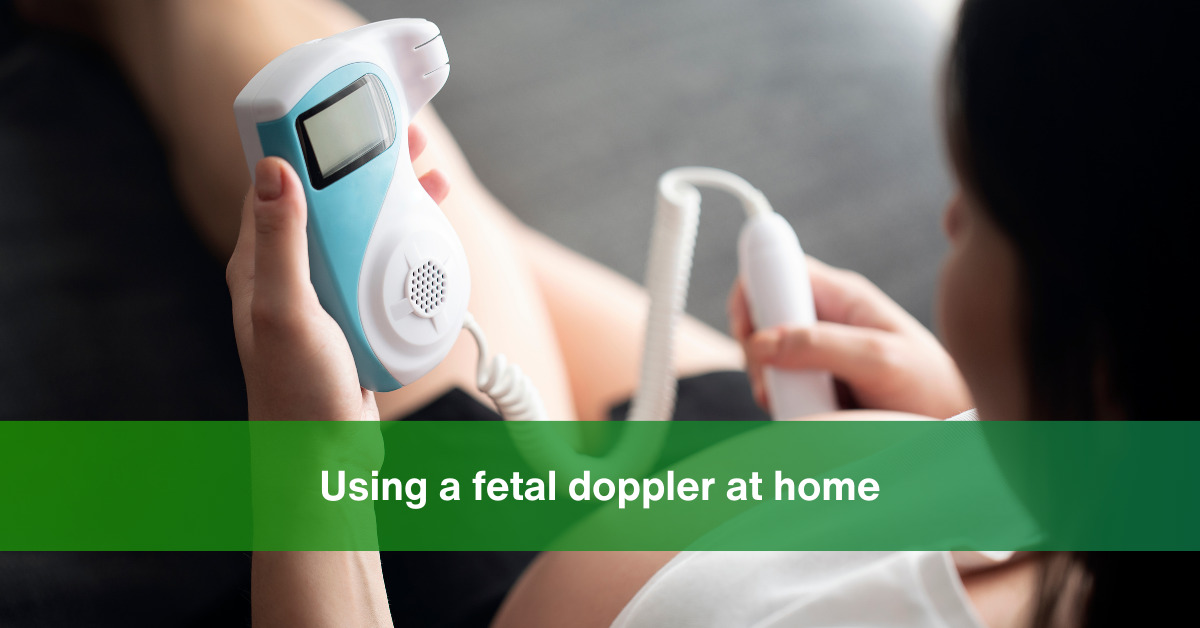Table of Contents
Using a fetal doppler at home
Just because you’re pregnant does not mean that every day is a bed of roses. The stress of carrying a precious burden is immense, and most expectant mothers tend to worry about their baby’s health.
The fetal doppler is a small device that can be used by the mother to monitor her baby’s heartbeat. It can be used from as early as 4 months into the pregnancy.
Can a fetal doppler be used at home?

Fetal dopplers come in two types: those for medical professionals and Fetal dopplers for home use.
The former is much more expensive and sophisticated, while the latter is less so.
Most home fetal Dopplers aren’t sensitive enough to pick up faint noises from a baby’s heart until later on in pregnancy.
In fact, even the high-tech fetal Doppler used by medical professionals doesn’t always manage to pick up cardiac activity until somewhere between week 9 and week 14 since it depends on the position of the fetus in the womb as well as other factors.
A true heartbeat usually can’t be detected until weeks 17 to 20, when the heart chambers have developed enough to show up on an ultrasound.
As you approach the third trimester of pregnancy, you may start to worry about the health of your baby. You may want to ask your doctor for an actual fetal heartbeat monitor instead of using a fetal doppler at home. Using one of these monitors is unnecessary and may cause more anxiety than it relieves.
How early can an at-home fetal doppler work?
Different brands of fetal dopplers claim to be able to detect heartbeats from different stages in the pregnancy.
Some say that their dopplers can pick up heartbeats as early as 9 weeks into the pregnancy, whereas others claim that they only work from around week 16.
There is some controversy over whether or not these devices are actually effective at such early stages. Some companies even state that their dopplers should only be used in the third trimester – that is, from week 28 onward.
However, many people say that they have used their doppler before this point and have been able to hear their baby’s heartbeat.
So, what is the truth? Can fetal dopplers really work earlier than nine weeks into the pregnancy?
Unfortunately, there is no clear answer. Different brands make different claims, and it is difficult to know who to believe.
Don’t be surprised or worried if your at-home fetal doppler doesn’t pick up anything in the early stages of pregnancy. It’s common for the heartbeat to be too faint to detect until the second trimester.
Just get to know your body and what’s normal for you so that any concerns can be raised with your healthcare provider.
How to use a fetal doppler at home?

Dopplers are a great way to listen to your baby’s heartbeat at home. Here is a quick guide on how to use one:
- Insert batteries into the doppler
- Lie down in a comfortable position and raise your shirt slightly.
- Apply some gel to your lower belly. (You can use aloe vera gel or lotion in a pinch.
- Turn on the doppler and slowly move it around until you hear the heartbeat. The further along you are in your pregnancy, the higher up you will likely have to go. Try above your belly button.
- Be aware that you’ll also hear your own heartbeat and the pulse of an artery.
How can I check my baby’s heartbeat without a Doppler? Are there any alternatives?
Honestly, the best way to listen to your baby’s heartbeat is to go to your OBGYN and use their fetal monitor. It is safer and much more accurate than an at-home fetal monitor.
But there are other alternatives as well if you can’t go to your doctor or use an at-home fetal monitor. Here is a couple:
Stethoscope

A stethoscope amplifies internal noises, making it ideal for listening to heart and lung sounds. But did you know that it can also be used to listen to babies in utero?
Depending on factors like maternal weight, fetal position, and placenta location, you can start hearing your baby’s heartbeat at around 18 to 20 weeks of pregnancy.
You can purchase a stethoscope at most drugstores, medical supply stores, or uniform stores that cater to medical personnel.
Fetoscope

A fetoscope is a modern version of a stethoscope that uses sound waves to pick up fetal heartbeats.
It is designed to fit over a pregnant woman’s belly and uses your forehead to conduct sound, which often gives better results than using a regular stethoscope.
Fetoscopes come in different varieties, including some that fit over your head for ease of use. They usually have a more modern look, being made of metal and plastic.
Conclusion
A fetal doppler is a device that can be used to listen to the heartbeat of a fetus.
While the ones used by medical professionals are safe and accurate, the same cannot be said of at-home fetal dopplers.
There are potential risks associated with their use.
The most significant risk is the potential for confusion or human error.
Misuse of an at-home fetal doppler could have serious repercussions, such as causing unnecessary anxiety for the expectant parents or, in rare cases, leading to incorrect medical treatment.
Chennai Women’s Clinic is now Jammi Scans


